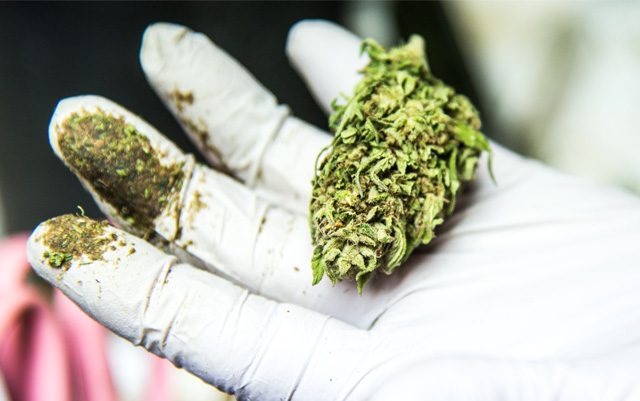The U.S. Senate Appropriations Committee is calling for the National Institute on Drug Abuse (NIDA) and the Drug Enforcement Administration (DEA) to create a “National Testing Program for Schedule I Marijuana-Derived Products.” Essentially, they are asking for these federal agencies to study cannabis samples in an effort to “provide robust reliable data that can inform policy.”
Up until 2014, NIDA funded a program for testing cannabis samples seized by law enforcement – but there has never been testing at the federal level on samples sold from commercial (recreational) cannabis dispensaries. The program the Senate is suggesting would do exactly that.
“The Committee believes that such research [on law-enforcement-seized cannabis], along with analysis of marijuana and marijuana-derived products sold commercially in dispensaries or online, is essential for informing substance abuse prevention efforts, public health policy, and law enforcement tactics across the Federal Government.”
It is undetermined exactly how the program would be implemented. The two main possibilities include sending teams of researchers from NIDA to dispensaries to purchase cannabis for research purposes, or using DEA enforcement actions to seize products from recreational dispensaries specifically for testing.
Similarly, in a separate report attached to legislation funding federal health programs, the Appropriations Committee has also shown concern about the “barriers to research” which stand between researchers and any Schedule 1 drug, including cannabis.
“The Committee is concerned that restrictions associated with Schedule 1 of the Controlled Substance Act effectively limit the amount and type of research that can be conducted on certain Schedule 1 drugs, especially marijuana or its component chemicals and certain synthetic drugs,” the report says.
“At a time when we need as much information as possible about these drugs, we need to review lowering regulatory and other barriers to conducting this research. The Committee directs NIDA to provide an update…on the barriers to research that result from the classification of drugs and compounds as Schedule 1 substances.”
Tying this all together is a third piece of legislation which looks at the possibility of using cannabis in one form or another as a partial solution to the opioid overdose and addiction epidemic facing the U.S. The committee specifically cites the fact that scientific studies suggest that cannabis use can create a decrease in addictive potential when used alongside opiates.
So far, NIDA has not provided an answer as to when the agency expects to submit the report that was requested by the Senate Appropriations Committee in regard to the roadblocks facing cannabis due to its schedule I status. However, it appears that at least some lawmakers are ready to finally look into cannabis as an option for fighting opiate addiction on a national, rather than statewide, level. Whether it will make a difference and help make cannabis research more possible or not, we will have to wait and see.






